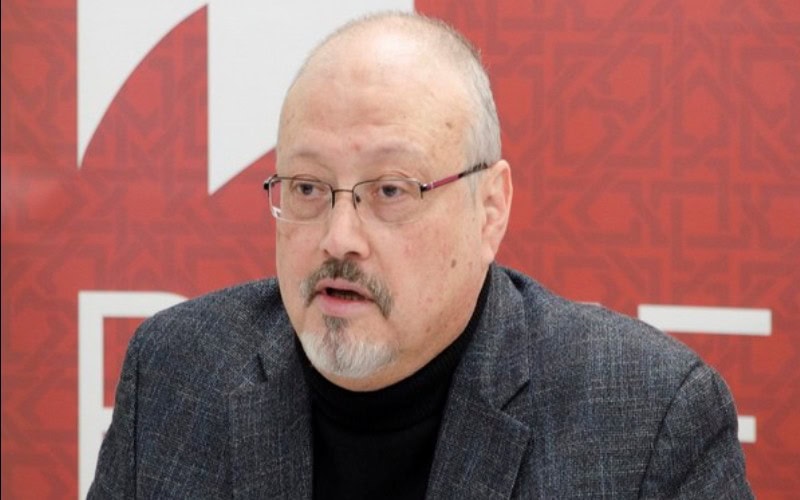Washington: Slain journalist Jamal Khashoggi, in over 400 WhatsApp messages that he sent to a fellow Saudi exile before he was murdered in October, described Saudi Crown Prince Mohammad bin Salman as a “beast” and a “pac-man” who would devour all in his path, even his supporters, a media report said.
Khashoggi had sent the texts to Montreal-based activist Omar Abdulaziz, the CNN report said on Monday.
The messages shared by Abdulaziz, which include voice recordings, photos and videos, paint a picture of a man deeply troubled by what he regarded as the petulance of the Crown Prince.
“The more victims he eats, the more he wants,” says Khashoggi in one message sent in May, just after a group of Saudi activists had been rounded up.
“I will not be surprised if the oppression will reach even those who are cheering him on.”
In almost daily exchanges between October 2017 and August 2018, Khashoggi and Abdulaziz conceived plans to form an electronic army to engage young Saudis back home and debunk state propaganda on social media, leveraging Khashoggi’s establishment profile and the 27-year-old Abdulaziz’s 340,000-strong Twitter following.
“(Jamal]) believed that MBS (the Crown Prince) is the issue, is the problem and he said this kid should be stopped,” Abdulaziz said in an interview with CNN on Sunday.
But in August, when he believed their conversations may have been intercepted by Saudi authorities, a sense of foreboding descends over Khashoggi.
“God help us,” he wrote.
Two months later, he was dead.
Abdulaziz on Sunday launched a lawsuit against an Israeli company that invented the software he believes was used to hack his phone.
“The hacking of my phone played a major role in what happened to Jamal, I am really sorry to say,” Abdelaziz told CNN. “The guilt is killing me.”
Abdulaziz began speaking out against the Saudi regime as a college student in Canada. His pointed criticisms of government policies drew the attention of the Saudi state, which cancelled his university scholarship.
Canada granted him asylum in 2014 and made him a permanent resident three years later.
Abdulaziz first spoke publicly about his contact with Khashoggi last month after researchers at the University of Toronto’s Citizen Lab reported his phone had been hacked by military-grade spyware.
[source_without_link]IANS[/source_without_link]

